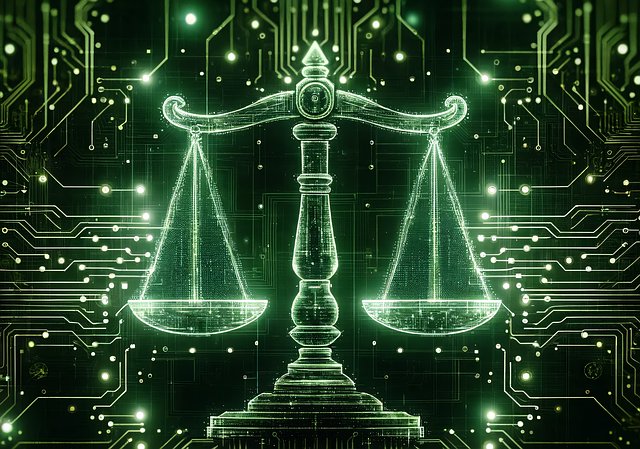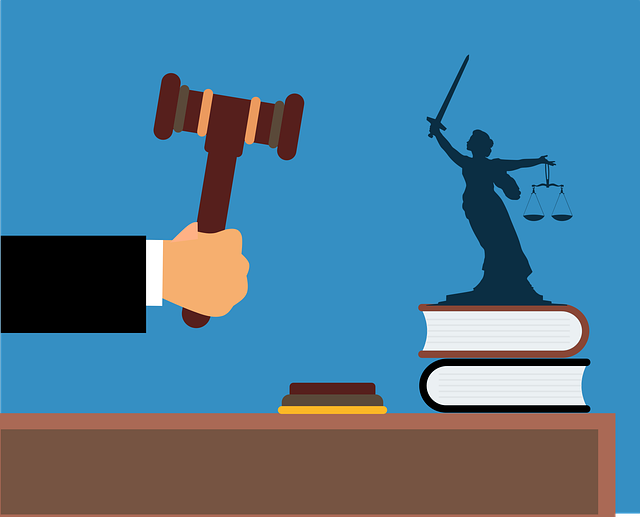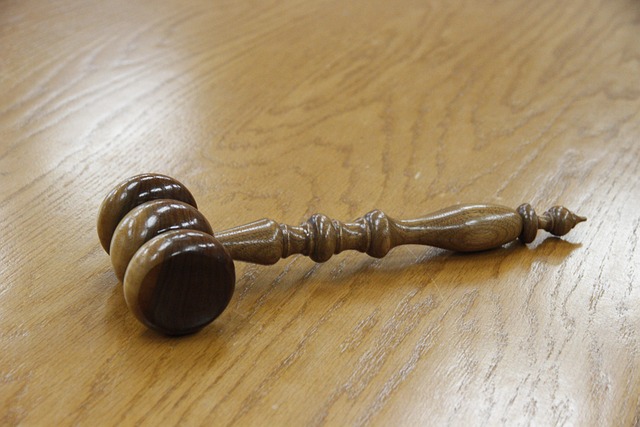Sentencing guidelines significantly affect penalties for whistleblower protection laws, acting as a crucial deterrent for organizations engaging in illegal or unethical activities. These guidelines, with their potential fines and imprisonment, promote accountability and reinforce the importance of ethical practices. Severe consequences deter future misconduct, foster integrity, and enable successful whistleblower protection lawsuits. Clear, enforceable guidelines create an environment where whistleblowers feel safe to expose wrongdoing without fear of retaliation, revolutionizing corporate governance and preventing future white-collar crimes. Understanding these guidelines is vital for legal advocates representing whistleblowers in complex cases.
“Uncovering truth and holding wrongdoers accountable—this is the heart of whistleblower protection lawsuits. These legal actions, often fraught with complexity, are crucial in safeguarding individuals who expose corporate or government misconduct. In this comprehensive guide, we explore various aspects of whistleblower protections, including an in-depth look at sentencing guidelines and their impact on penalties. By examining real-world case studies, we gain insights into effective advocacy strategies for those who dare to speak out. From understanding legal landscapes to recognizing successful outcomes, this article offers a holistic perspective on how sentencing guidelines affect the broader landscape of whistleblower protections.”
- Understanding Whistleblower Protection Laws: A Comprehensive Overview
- The Role of Sentencing Guidelines in Protecting Whistleblowers
- Impact of Penalties: How They Deter and Motivate Disclosure
- Case Studies: Successful Whistleblower Protection Lawsuits
- Navigating the Legal Landscape: Strategies for Whistleblower Advocacy
Understanding Whistleblower Protection Laws: A Comprehensive Overview

Whistleblower Protection Laws are designed to safeguard individuals who expose illegal or unethical activities within their organizations from retaliation. These laws provide a legal framework that offers various forms of protection and support, including employment, civil rights, and criminal penalties for those who take a stand against wrongdoing. Understanding these laws is crucial for both whistleblowers and employers, as it ensures accountability while fostering a culture of integrity.
The sentencing guidelines play a significant role in determining the consequences for violations related to whistleblower retaliation. These guidelines set out the potential range of penalties, including fines and imprisonment, encouraging organizations to uphold their obligations under whistleblower protection laws. By ensuring that individuals who violate these laws face severe repercussions, the sentiment is strengthened across the country, promoting a sense of justice within philanthropic and political communities. Achieving extraordinary results in whistleblower cases not only deters future misconduct but also sends a powerful message about the importance of upholding moral standards and ethical practices.
The Role of Sentencing Guidelines in Protecting Whistleblowers

Whistleblower protection laws play a crucial role in fostering integrity within organizations, especially when it comes to addressing white-collar and economic crimes. One of the critical components ensuring the effectiveness of these protections is the sentencing guidelines for those who violate them. These guidelines significantly influence the penalties faced by wrongdoers, acting as a deterrent and providing a sense of justice for whistleblowers’ courage.
The impact of sentencing guidelines is profound; they can lead to more severe consequences for individuals found guilty of retaliating against or hindering whistleblowers. An unprecedented track record of successful whistleblower protection lawsuits has been achieved through these measures, showcasing their ability to deliver extraordinary results. This approach not only protects the rights of whistleblowers but also sends a clear message that such actions will not be tolerated, ultimately encouraging ethical conduct within corporate structures.
Impact of Penalties: How They Deter and Motivate Disclosure

Whistleblower protection lawsuits often highlight the significant impact of penalties on the behavior of individuals who possess insider knowledge about unethical or illegal activities within an organization. The threat of severe consequences acts as a double-edged sword—deterring employees from exposing misconduct while simultaneously motivating those with moral compasses to come forward. This delicate balance is pivotal in fostering a culture of transparency and accountability.
The effectiveness of whistleblower protection laws is closely tied to the robustness of sentencing guidelines. These guidelines play a crucial role in shaping the penalties faced by companies and individuals involved in white-collar crimes, including fraud, embezzlement, and other financial misdeeds. An unprecedented track record across the country shows that strict and fair enforcement of these guidelines can significantly influence an organization’s decision to encourage ethical reporting from within, thereby revolutionizing corporate governance and preventing future misconduct.
Case Studies: Successful Whistleblower Protection Lawsuits

Whistleblower protection lawsuits have seen significant success through strategic legal approaches, with case studies showcasing the impact of robust sentencing guidelines. In recent years, several high-profile cases have highlighted how these guidelines can deter and penalize companies involved in white collar and economic crimes. By imposing stricter penalties, including fines and imprisonment, courts send a strong message that integrity and compliance are paramount.
Successful outcomes in whistleblower protection lawsuits often hinge on the clarity and enforceability of sentencing guidelines. These guidelines must be comprehensive, covering various types of misconduct and ensuring proportional punishment. When respected business practices and white collar defense strategies align with robust legal frameworks, it creates an environment where whistleblowers feel empowered to expose illegal activities without fear of retaliation or inadequate protection.
Navigating the Legal Landscape: Strategies for Whistleblower Advocacy

Navigating the complex legal landscape surrounding whistleblower protection is a delicate task for advocates. When representing whistleblowers, understanding how sentencing guidelines influence penalties is crucial. These guidelines play a significant role in shaping the outcome of cases, particularly in white-collar and federal criminal defenses. Prosecutors often use them to determine sentences, which can greatly impact a whistleblower’s fate. Therefore, knowing these guidelines and their application is key for building winning challenging defense verdicts.
A strategic approach involves thoroughly reviewing the specific laws and regulations related to whistleblower protections and identifying potential loopholes or areas of legal ambiguity. This knowledge allows advocates to craft compelling arguments, ensuring that clients receive fair treatment while encouraging organizations to take responsibility for unethical practices. With the right strategy, even in complex cases, a general criminal defense lawyer can help whistleblowers expose truths and protect themselves from harsh penalties.
Whistleblower protection lawsuits play a pivotal role in upholding justice and transparency within organizations. By understanding the comprehensive framework of whistleblower protection laws, leveraging sentencing guidelines to mitigate penalties, and studying successful case outcomes, advocates can effectively navigate the legal landscape. These strategies not only encourage individuals to come forward with crucial disclosures but also ensure fair treatment and protection for whistleblowers. The impact of appropriate penalties acts as a deterrent for unethical practices while motivating others to uphold integrity in their professional spheres.






